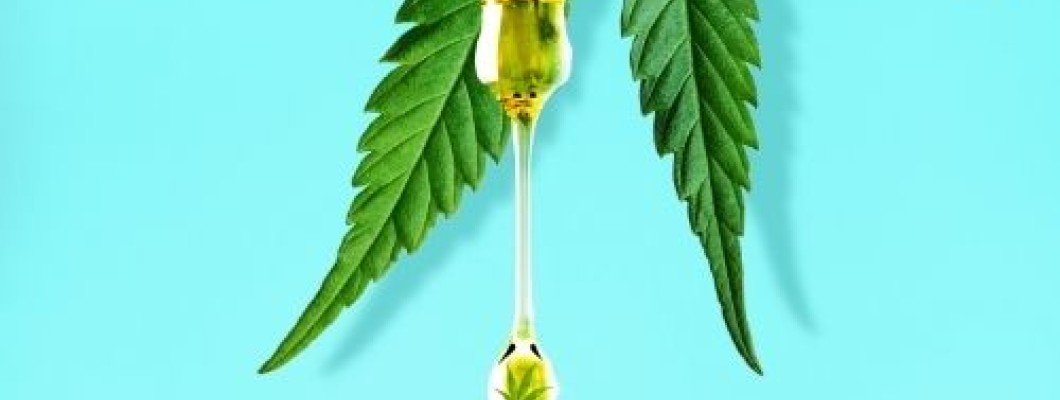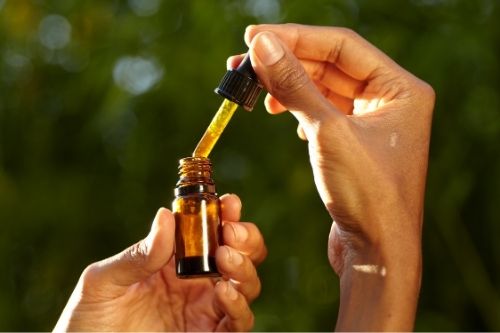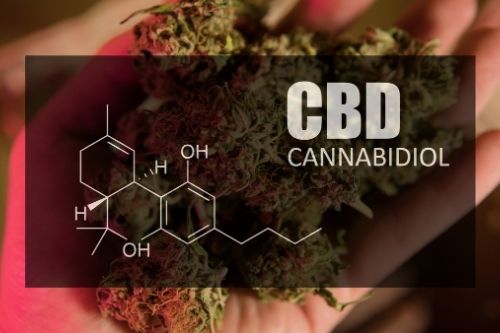
It may be difficult to calculate the correct dose of CBD oil for an inexperienced user, mainly because no formal guidelines for the use of CBD have been established .
So how much CBD oil should I use?
The answer depends on the purpose for which you want to use it, body B and weight and CBD concentration in the product. It is advisable to consult a doctor with experience in CBD to calculate the exact individual doses , but if you still do not have this option, this article will give you a little more information.

CBD products in a ratio of 20: 1 or higher, which can be consumed in the form of drops , are recommended for the treatment and reduction of anxiety . High levels of CBD can help improve chronic anxiety , treat stress and protect the body from the effects of oxidative stress.
It is very important to start with a small dose to check your sensitivity. Then, based on your sensitivity , gradually increase the dose by a quarter each week until the symptoms disappear. A minimum dose of CBD is recommended for stress and anxiety . To relieve immediate symptoms, such as panic attacks, it is recommended to consume CBD by inhalation . Sublingual sprays , as well as various tinctures that can be taken in the form of CBD drops , also have a quick effect, but last longer than inhaled products.
Is CBD addictive?
Everyone knows that marijuana addiction exists. But what about CBD oil ? Maybe we should start with a brief explanation of what drug addiction is ?!
What is addiction?
Addiction is a chronic condition that forces people to consume a product. With regular use of an addictive product, the body and brain adapt to the constant supply of dopamine, gradually ceasing to produce it accordingly. This causes a person to consume this product constantly to supplement the level of dopamine he needs. CBD is not addictive .
The body cannot develop a high tolerance to CBD because the substance in the cannabis or marijuana plant that has addictive properties is THC , and CBD oils do not contain enough THC for someone to cause CBD addiction .
In 2017, the World Health Organization (WHO) announced that CBD is not addictive : " CBD products do not have any addictive effects. CBD is well tolerated and safe for human consumption. "
CBD is not addictive, but can an overdose occur?
The use of CBD products is considered safe and non-toxic, even in large quantities. Side effects that may occur with a high dose of CBD are mild and often go away immediately (eg dry mouth, low blood pressure and drowsiness). No cases of CBD overdose have been reported that could have serious health consequences .
The WHO also said: "It is important to know that even large doses of CBD are safe for humans ." In 2011, researchers studying the use of CBD in humans concluded that even regular consumption of large doses , up to 1,500 mg of CBD per day, was well tolerated. ”
Since when does our knowledge of CBD benefits date back?
Although CBD may be a new term for B ac, it has been around for a long time. The first reported use of CBD occurred around 2727 BC, when the Chinese Emperor Shen Neng used cannabis -based tea to treat various ailments .
Later, in 1940, a team from the University of Illinois first discovered and shared hemp products. They prove that there are two different substances and one of which is not responsible for the psychoactive properties, on the contrary, there are many useful compounds.
In the 1970s, after the passage of the Controlled Substances Act, marijuana became challenging for access to many areas of research, for doctors, scientists and all sorts of other people.
The law identified some groups in which certain substances are listed based on their potential properties, benefits, as well as abuses and health hazards. Marijuana falls into the first group - the most limited in use.

After some time, CBD begins to gain speed as an anesthetic without the side effects that are usually associated with THC . In 1998, a British pharmaceutical company that manufactures pharmaceuticals began conducting official medical studies to learn more about the possibilities of CBD .
This was the first step they began to take in the world. Thus began international research in this area. After success in the first experiments, Israeli researcher Rafael Meshulam began to discover the chemistry behind many cannabinoids, namely how to isolate individual cannabinoids , such as THC and CBD , from the plant itself.
This allowed further research. Meshulam has received many international awards for his achievements, which have helped bring CBD to a new international level. Thanks to his work, experiments are beginning to emerge that clarify the benefits of using CBD in medicine and beyond. On a small scale, the cultivation of crops with low THC content and high CBD content has begun.
In addition, there is evidence of how useful CBD is in the treatment of many disorders and diseases .
With the development of technology, CBD began to be used by entire families to treat chronic diseases , people became interested in testing, and over time CBD became a popular tool for treating many diseases around the world.
CBD is a universal product against various diseases , reducing symptoms and improving overall well-being. There are many ways to use it that have been studied many times. However, like any other drug, it has side effects. CBD medical practices continue to be researched and implemented in many areas of health and well-being .
Increasingly, CBD products are also being used to control a number of diseases in pets . Veterinarians from around the world share their experience of the effect of CBD oil or CBD drops for dogs suffering from epilepsy , severe skin inflammation and rheumatic conditions . In both humans and animals , the right dose of CBD is essential. Talk to your veterinarian if your pet has a health problem and you think the use of CBD oil or drops could be included in the overall treatment.



Leave a Comment